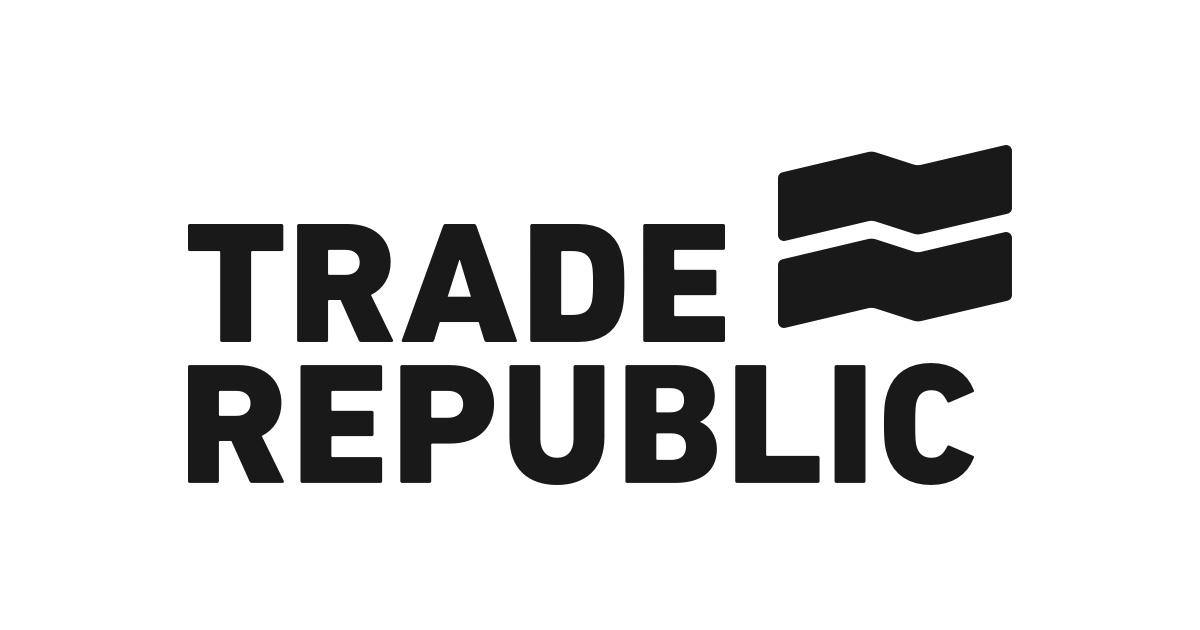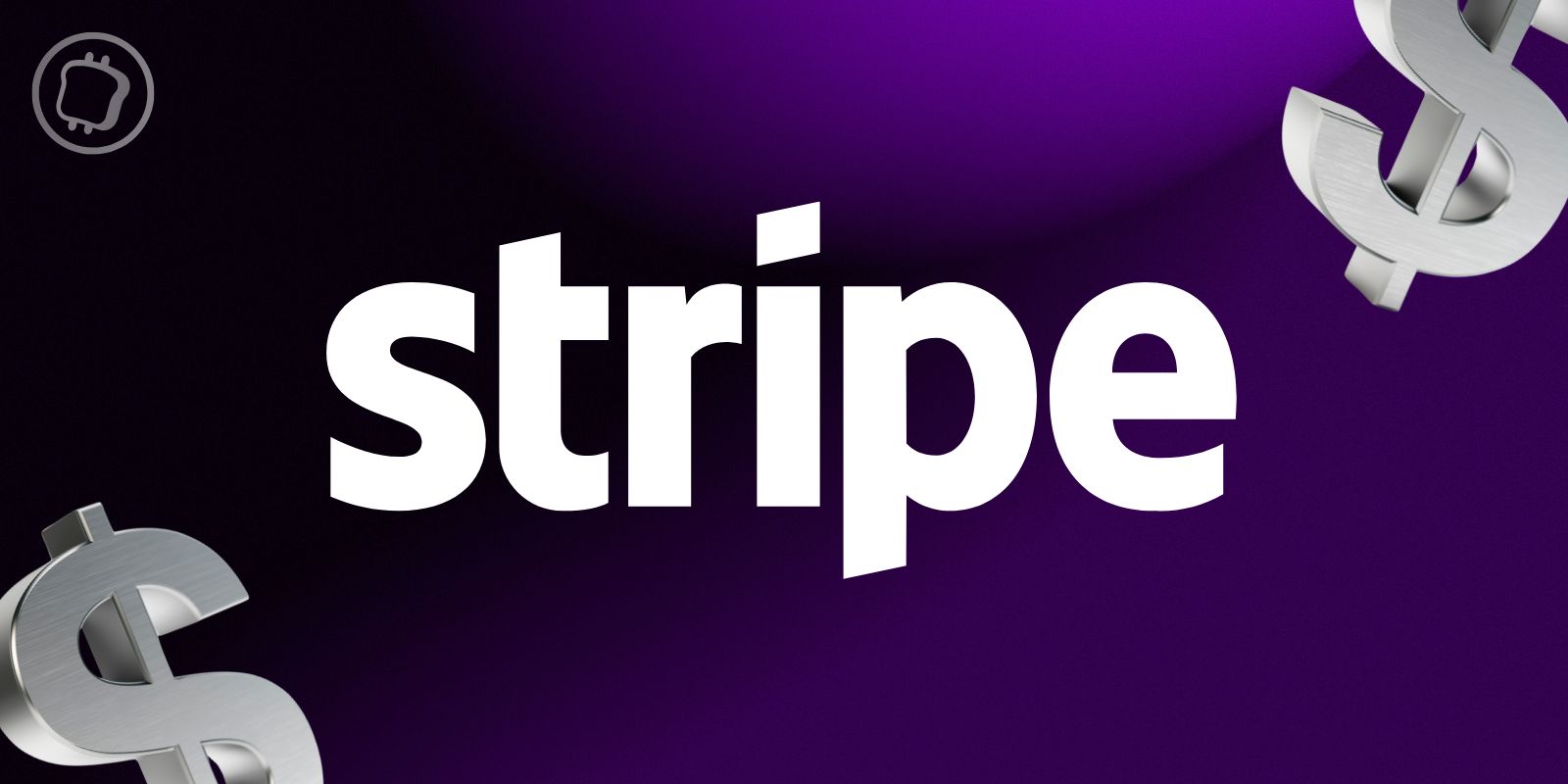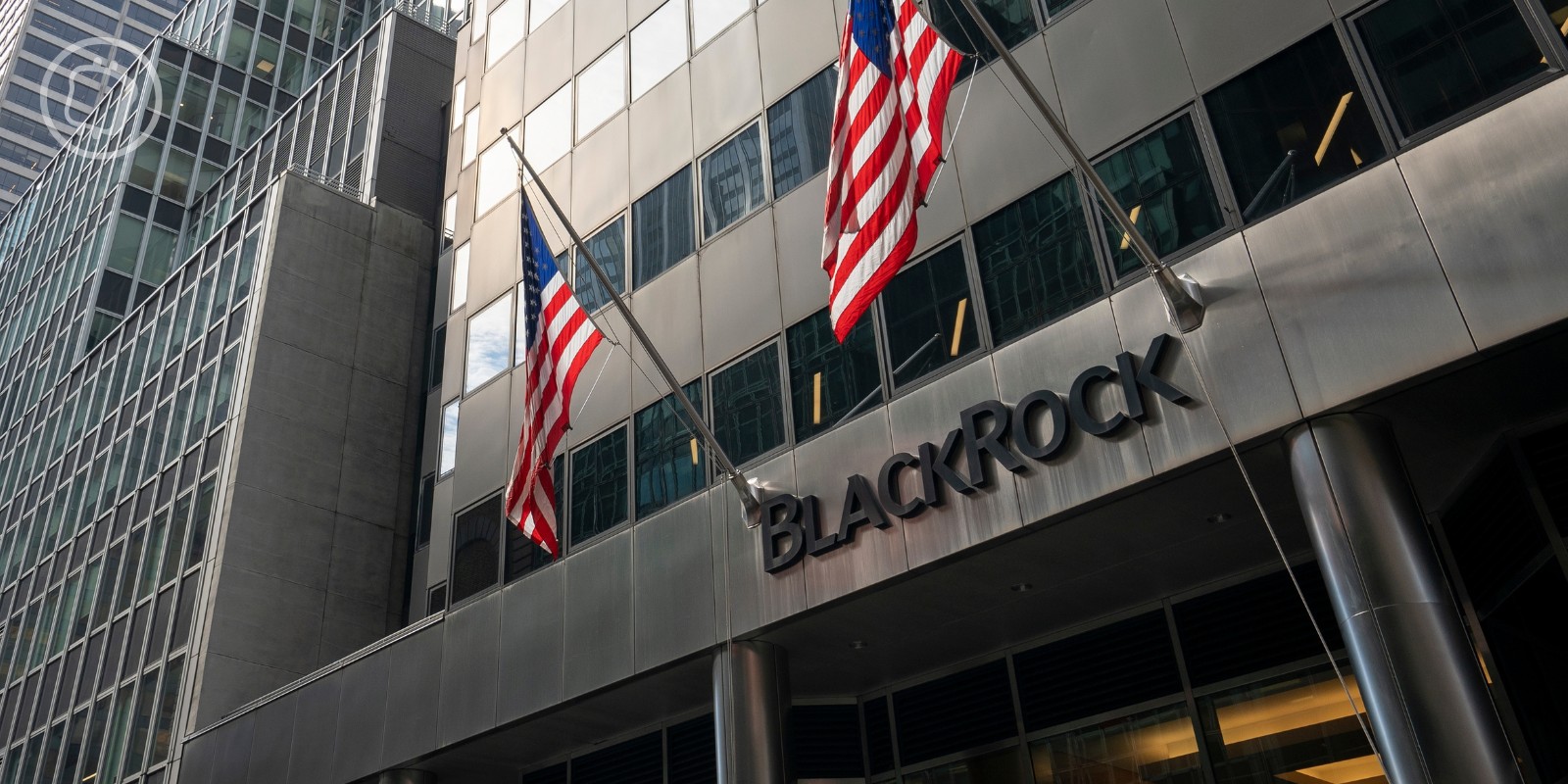A merger to reassure a failing banking sector? Swiss authorities rushed to force a merger between the bank Credit Suisse and its rival UBS, at a cost of more than 3 billion Swiss francs. We come back to this rescue in extremis, and what it says about banking institutions.
Credit Suisse forced to merge with UBS
This is a historic takeover, which shows the extent of the banking crisis that has spread around the world. Switzerland’s largest bank, UBS, confirmed yesterday that it would buy Credit Suisse, for double what it originally offered. The Swiss authorities have thrown their weight behind the deal, going so far as to plan to change the law in order to dodge a shareholder vote.
Seven federal councilors (the equivalent of our ministers) met in Bern at the Ministry of Finance, with representatives of the Swiss National Bank (SNB), as well as regulators and of course representatives of the two banks in question. Discussions ended at 7:30 p.m. last night, and it was Swiss President Alain Berset who himself announced the takeover.
These are 3 billion Swiss francs (about 3 billion euros) that have been put on the table to save the financial giant. A disproportionate sum, which shows the extent of what the authorities have sought to avoid. Karin Keller-Sutter, the Swiss Minister of Finance, thus affirmed yesterday that the fall of Credit Suisse would have caused “irreparable economic damageto Switzerland, but also to the global economy.

Trade stocks or cryptos
A €20 action offered when you register

An exceptional purchase, with exceptional guarantees
According to the Minister of Finance, it was indeed a question for Switzerland of “assume responsibilities beyond one’s own borders“. And this responsibility has a cost: beyond forcing the hand of failing banking institutions, the government confirmed that UBS would benefit from a guarantee of 9 billion Swiss francs. It is a means of protecting the institution if it were to find problems with Credit Suisse portfolios.
In addition, the country’s central bank will grant liquidity of up to 100 billion francs to Credit Suisse and UBS, in order to ensure that the bank is refloated in its new fold. The disproportionate sum shows the important place occupied until then by Credit Suisse. It is a bank listed among the thirty banking establishments considered too important to be able to sink: those on which the current financial system is based.


1st Newsletter Free with the code TOASTNL

The questions raised by the takeover of Credit Suisse by UBS
If the President of the European Central Bank Christine Lagarde welcomed rapid decisions which, according to her, will contribute to “restore orderly market conditions“, not everyone sees this flash takeover in a good light. Starting with Credit Suisse shareholders, which are largely excluded. They will receive 1 UBS share for every 22.48 Credit Suisse shares they own. A total rout, which shows that the government has got rid of the usual modus operandi to force a decision.
The other question raised is of course that of the banks considered as “too big too fail“. If Credit Suisse has the favor of governments, and alone brings together a political and financial elite all Sunday, this would not necessarily be the case with other banks. An idea confirmed across the Channel by US Treasury Secretary Janet Yellen, who admitted this week that in the United States in any case, not all banks will be treated the same way:
Incredible sequence.
A senator manages to get the Secretary of the Treasury to say that only deposits in the banking behemoths are guaranteed because of the systemic risk.
The kiss of death for small banks!
The logic of “too big to fail” pushed to its extreme. https://t.co/ytKg7N2RwH
— Anice Lajnef (@AniceLajnef) March 18, 2023
More broadly, one can only emphasize once again the links between the political action of elected governments and private banking institutions. If the latter are important links in the global system, we cannot forget that they are commercial actors. The arrival of the Swiss government and the central bank to the rescue highlights systemic issues.
For the Swiss government, the challenge was to find an agreement before this morning, for the opening of the world stock exchanges. On the forefront, Credit Suisse shares however fell by more than 60% this morning. The hours to come will tell us if the crisis has been contained, and if the actions of the government have made it possible to avoid the bulk of the contagion.
In any case, the case looks like a repetition. During the 2008 crisis, it was UBS itself which was hit hard… And which had been supported by the Swiss Central Bank, as well as the government. 6 billion francs from the Swiss Confederation were then directed to UBS. Today, however, it is the latter who arrives as a savior: history is a perpetual restart, they say.

Source: Swiss Radio Television
Newsletter
Receive a summary of crypto news every Monday by email
What you need to know about affiliate links. This page presents assets, products or services relating to investments. Some links in this article are affiliated. This means that if you buy a product or register on a site from this article, our partner pays us a commission. This allows us to continue to offer you original and useful content. There is no impact on you and you can even get a bonus by using our links.
Investments in cryptocurrencies are risky. Cryptoast is not responsible for the quality of the products or services presented on this page and could not be held responsible, directly or indirectly, for any damage or loss caused following the use of a good or service highlighted in this article. Investments related to crypto-assets are risky by nature, readers should do their own research before taking any action and only invest within the limits of their financial capabilities. This article does not constitute investment advice.
AMF recommendations. There is no guaranteed high return, a product with high return potential involves high risk. This risk-taking must be in line with your project, your investment horizon and your ability to lose part of this savings. Do not invest if you are not ready to lose all or part of your capital.
To go further, read our Financial Situation, Media Transparency and Legal Notices pages.










